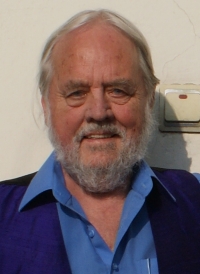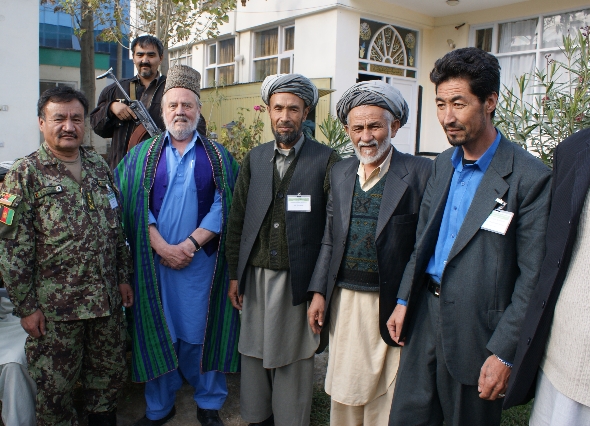Take a look at our new Pastoral Care and Special Educational Needs catalogue
Our education resources offer valuable guidance on important school issues such as mental health, special educational needs, autism, bullying and peer pressure, safeguarding, restorative justice,…



